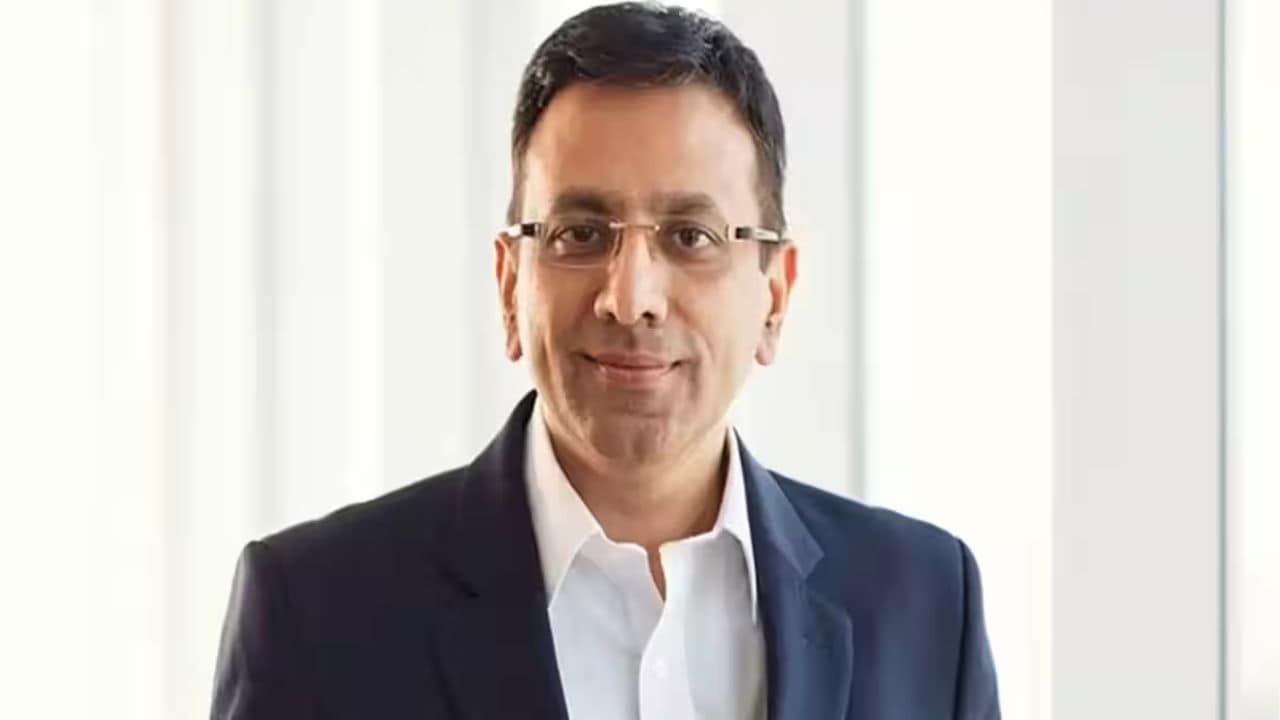Google India head Sanjay Gupta said that artificial intelligence (AI) will be India’s ‘FASTag’ to growth and information accessibility, by easing the ‘tollgate’ of hindrances like illiteracy and language barrier, as per a report by Moneycontrol.
This comes at a time when the technology giant is actively working with state governments like the Maharashtra government to build localised AI solutions for sectors such as healthcare, education and agriculture.
Speaking at the Mumbai Tech Week, he compared challenges like language barriers and access to capital with toll gates on a highway, slowing progress of the country as well as obstructing free information access. He believes AI will solve this and act as a FASTag.
To give context, FASTag is an innovative electronic toll collection system built by the National Payments Corporation of India (NPCI) and operated by the National Highways Authority of India. It eases the traffic caused by manual toll collection on roads and highways.
Gupta said, “It’s not just that technology has transformed India, Indians too have transformed technology. But the question is whether we are in a phase where this is enough or are there more challenges to be solved. A big challenge to solve is the arbitrary and invisible toll gates.”
“The reality is language and literacy still determine who can access information. The reality is privileges still determine whether somebody gets access capital or not. Reality is that the size of the business still determines the height of your ambition,” he explained.
Gupta added that one should not be defined by the limits of this arbitrary code. Instead, people should be defined by their ideas and imagination. “I believe the time has come to demolish all of these arbitrary and artificial buildings,” he said, sharing instances of how some of these challenges can be solved by using AI, making it the “FASTag” to solve several issues.
Quoting Google’s global CEO Sundar Pichai, Gupta said that when you are able to solve challenges for India, you will be able to solve them for the world.
He even praised Indian content creators using YouTube, while speaking to Harsh Jain, co-founder and CEO, Dream11 during a fireside chat. Gupta called Indians “creative and technology savvy”, which will make influencers play a “magical role in India and the Indian economy” as they will go on to build big global brands and also regional and local brands. Indians are using YouTube more for learning than just entertaining themselves, he said.
Earlier this month, Google’s AI head Jeff Dean who was in Bengaluru for the company’s first Research@ event had said that India’s large pool of technical talent positions the country well to help shape the future of artificial intelligence.
“India has tremendous technical talent. There is a long tradition of computer science students in India doing amazing things” he said.
Google has been quickly reworking its AI strategy and offerings as rival Microsoft’s Copilot has already taken off. Last week, Google rebranded its AI chatbot Bard as Gemini following the launch of its paid-tier services. The technology giant is positioning Gemini as the main brand for all its existing and future AI efforts, similar to what Microsoft is doing with its Copilot brand.
In December, Google-parent Alphabet announced Gemini as a family of AI models that is expected to fuel the next generation of AI advancements. It is the first AI model from the company following the merger of its AI research units, DeepMind and Google Brain, into a single division called Google DeepMind.
